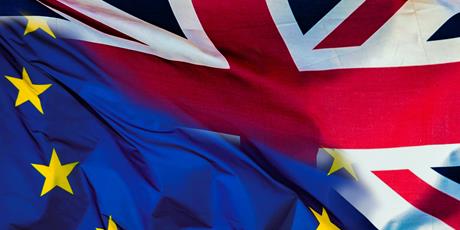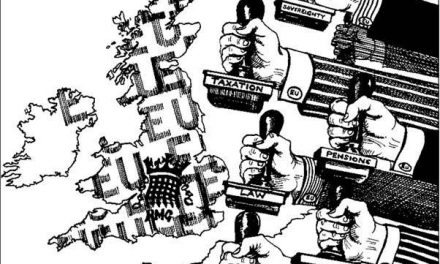Jeremy Corbyn asked the Prime Minister if she could make a statement on progress made in achieving legal changes to the EU withdrawal agreement and the timetable for the meaningful vote. During the debate Bill Cash made the following intervention:
Sir William Cash (Stone) (Con): First, may I endorse the comments by my right hon. Friend the Member for Wokingham (John Redwood) about the money side of things? It is not just that the backstop is not sufficient in itself. It is a vital issue, but it is not the whole story by any means. We have the European Court of Justice, the question of control over laws, the question of the extension of time under article 132, the issue of state aid and the incompatibility of the agreement with the repeal of the European Communities 1972 Act. So many aspects of the withdrawal agreement are, if I may say so to the Secretary of State, matters that go way beyond mere reassurances. Reassurances will get nowhere. They are certainly not going to convince anybody who is thinking hard about this when it comes to the vote next week.
Stephen Barclay: As my hon. Friend will know, the Prime Minister made clear that she has heard the concerns of the House in relation to the backstop and that is subject to the further discussions with European leaders. In terms of its scope, it is worth reminding the House that 80% of our economy is covered by services that would not be within the scope of the backstop. It is worth having some proportion with regard to that discussion. On the other issues, I was not sure whether he was saying he wants more freedom for state aid, which would be the Leader of the Opposition’s position. That is not, characteristically, what I would expect my hon. Friend to be calling for. The reality is that any deal we enter into with the EU will require a backstop. That is the substance of it. Whether that is a Canada option, a Canada-plus, a Canada-plus-plus or a Canada-plus-plus-plus, the reality is that, whatever the deal, it will require a backstop.


